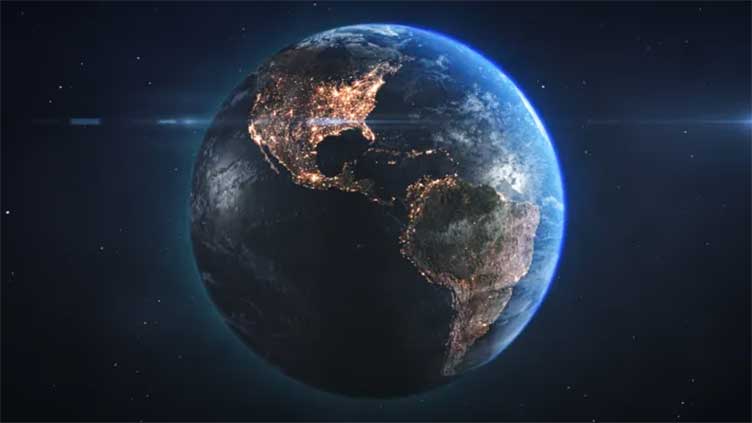Scientist reveals surprise creature poised to take over the world if humans die out

Technology
The surprising creature in question is the octopus
(Web Desk) - A scientist has revealed the unexpected creature that is most likely to rule the world if humans die out.
And contrary to popular belief, it's not cockroaches.
Should humanity go extinct, a certain sea beast has the key attributes to take our place, according to Professor Tim Coulson, from the University of Oxford.
He says this particular animal has the "dexterity and intelligence" that "makes them a strong candidate to evolve to build civilisation".
The surprising creature in question is the octopus.
Professor Coulson told The European that their ability to solve complex problems, as well as do things like communicate with one another in flashes of colour, make them a perfect next ruler and "brains of the sea".
Octopuses are unlikely to adapt to life on land like us.
Instead, they could "construct underwater communities resembling cities we see on land".
And he believes eventually octopuses might evolve to hunt outside of water.
The leading zoologist and biologist likened it to how humans learned to catch fish and to navigate over and under water.
"It may take them hundreds of thousands or even millions of years to evolve to do this," he explained.
"With evolutionary advances, it is possible, if not probable, that they might develop ways to breathe outside of water and eventually hunt terrestrial animals like deer, sheep, and other mammals – assuming they have survived the catastrophic event that drove humans extinct."
An octopus can survive up to 30 minutes outside of water today.
The creature has a very short lifespan of between one and five years, depending on the species.
"Of course, the rise of the octopuses is all speculative: evolution is unpredictable, and we can’t say with certainty what path it will take in the event of human extinction," he cautioned.
"Random mutations, unforeseen extinction events, and population bottlenecks can all significantly influence the trajectory of evolution, making it challenging to determine whether another species will develop human-level intelligence or the inclination to construct cities."


